The Whistleblower of My Lai Massacre
(VNF) - On March 30th, in Hanoi, the Vietnam – U.S. Society (VUS) screened a documantary entitled “The Whistleblower of My Lai” by director Connie Field in commemoration of the 50th anniversary of the My Lai massacre (1968 – 2018).
| |
At the screening in the headquarters of the Vietnam Union of Friendship Organisations.
Attending the film screening was VUS President Nguyen Tam Chien, director Dang Nhat Minh, U.S. director Connie Field and a large number of veterans, students and members of VUS; the Vietnam Union of Friendship Organisations and other agencies.
The Whistleblower of My Lai captures the artistic journey of the Kronos Quartet as they create an opera about the My Lai massacre, one of the darkest moments of the U.S. war in Vietnam, with composer Jonathan Berger, tenor Rinde Eckert and master Vietnamese musician, Van-Anh Vo.
The documantary starts from the fateful choices of Army Warrant Officer Hugh C. Thompson Jr. on March 16th, 1968. As he and his crew – Glenn Andreotta and Lawrence Colburn – flew in a helicopter over the Vietnam’s countryside, they witnessed American soldiers killing Vietnamese villagers – over 500 women, children, and the elderly. Exhibiting extraordinary moral courage, they chose to intercede. Thompson and his two crew members are known to be the only U.S. soldiers who have tried to stop the killing. In danger of being shot by their own colleagues, they evacuated safely guide the survivors to a helicopter and have them evacuated to safety. Despite a coordinated military cover-up that vilified him as a traitor, Thompson helped bring the truth to light. His refusal to remain silent about the massacre eventually forced the military to conduct an inquiry, which shook the national conscience and changed the American public’s perception of the war forever. The protests against the war became even louder after the events.
| |
Audience cannot take their eyes off the screen.
In Jonathan Berger and Harriet Scott Chessman’s fevered character study of Thompson, it is not his heroism that day that takes center stage, but the tragedy of how those implicated in war are haunted by the trauma of its violence – regardless of how they acted. His story emerges in fragments as tenor Rinde Eckert, portraying Thompson in his final days, dying of cancer and desperately trying to make some sense of the events of 40 years earlier. Careening from reflective arias to disoriented recitatives, Eckert’s expressive voice soars with music played by Kronos and Vietnamese multi-instrumentalist Van-Anh Vo.
They, together, created a new music opera that explores the tragedy of My Lai through the perspective of Thompson’s naïve, heroically idealistic, ethical decision to act, and its consequences. The creativity of this artistic collaboration brings a whole new dimension of understanding of the U.S. War Vietnam and of Hugh Thompson that one cannot get from a traditional historical documentary.
Different from other documentaries revolving around the massacre, “The Whistleblower of My Lai”, rather than try to express the horror, expressed the psychological trauma of Hugh Thompson - who was considered a traitor and whistleblower.
| |
Director Connie Field exchanges with audience after the screen.
According to director Connie Field, “The Whistleblower of My Lai” explores the best and worst of humanity and even in the worst of circumstances…people can still rise above their situations. Thompson’s refusal to remain silent about the massacre changed the American public’s perception of the war forever. The protests against the war became even louder after the events.
“In the late 60's, in Boston, I became an organiser for the anti-Vietnam War movement and for the women's movement… But people in my country don’t know who Hugh Thompson was. I, myself, didn’t know who he was before making this film. Because many people in my country don’t know this story, I want share Thompson’s story. It took quite a lot of courage to do what he did.”
“I was very impressed when I saw his picture in museum in My Lai,” she added.
Vietnamese Director Dang Nhat Minh, after watching the film, was very moved and thanked director Connie for making such wonderful film. "I watched a lot of films about the Vietnam War, this film has a unique approach. Light shine even in the darkest hour. We do not despair because there are still the light of human conscience. Specifically in this film, Thompson is that light of humanity.”
"For the first time I was exposed to a documentary combined with the power of opera, of music. Director Connie used the opera to express the inner emotions and thoughts of Thompson, which traditional historical documentaries can not do. This is a very daring and innovative," Minh continued.
| |
Hugh Thompson, the U.S. army helicopter pilot who discovered and exposed the My Lai Massacre.
According to Pham Trung Tin, a veteran at the screening, the courageous intervention of the soldiers Thompson and two teammates show a friendship between the Americans and Vietnamese. “I have had the opportunity to visit My Lai and in the past 50 years. I never forget the crime that has taken place here. But now, after watching the movie, I felt the director was smart and clever, choosing a positive side, Thompson – an American soldier’s heroic and ethical actions during the massacre, to show in her film.”
In the film, there is also a combination of Western musical instruments and traditional Vietnamese instruments (a zither; a bamboo xylophone; drums; gongs made of former war weapons) performed by the Vietnamese virtuoso player. According to him, the combination represents a spirit of solidarity between Americans and Vietnamese. At the same time, this film shows us the friendship between Americans and Vietnamese and will help us to continue the path of cooperation, friendship, solidarity between the peace-loving people in general and the people of the two countries in particular.
| Connie Field is an Academy Award nominated director who has made a number of high profile documentaries that have been shown all over the world. Before getting involved in film she worked as an organizer in many social and human rights organisations where she established her commitment to progressive social change which she has carried into her film career. Many of her films focus on hidden histories, stories that had not been told before which should be an important part of our collective memories. She has won numerous awards including Academy Award nominations, the Sundance Grand Jury Prize, a primetime Emmy Award, British Academy Award Nominee, Best Series, and Best Feature Documentary from numerous festivals, as well as having her films listed as the Best Doc of the Year or One of the Ten Best Films of the Year by a number of film critics. |
Hien Trinh
Recommended
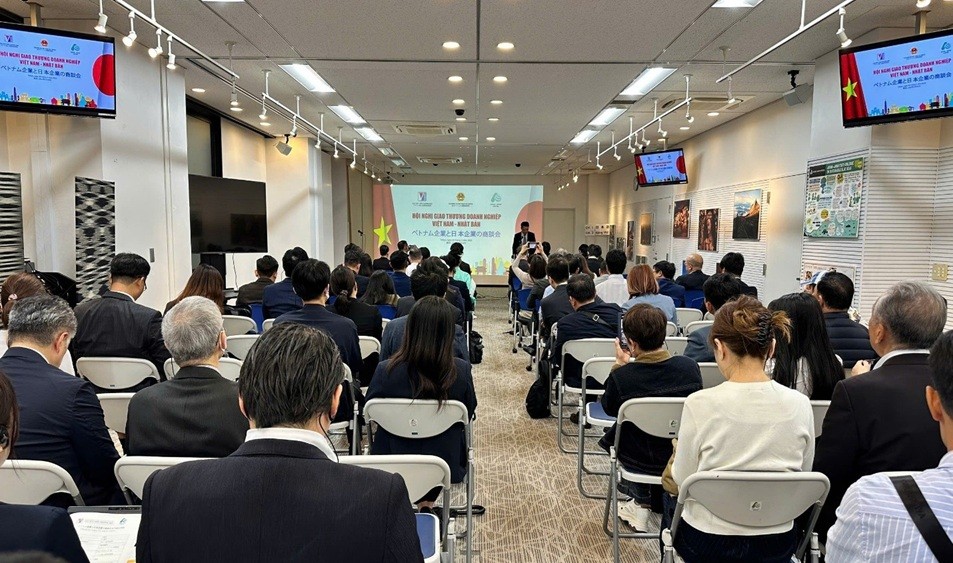 Friendship
Friendship
Promoting Vietnam - Japan Economic Cooperation
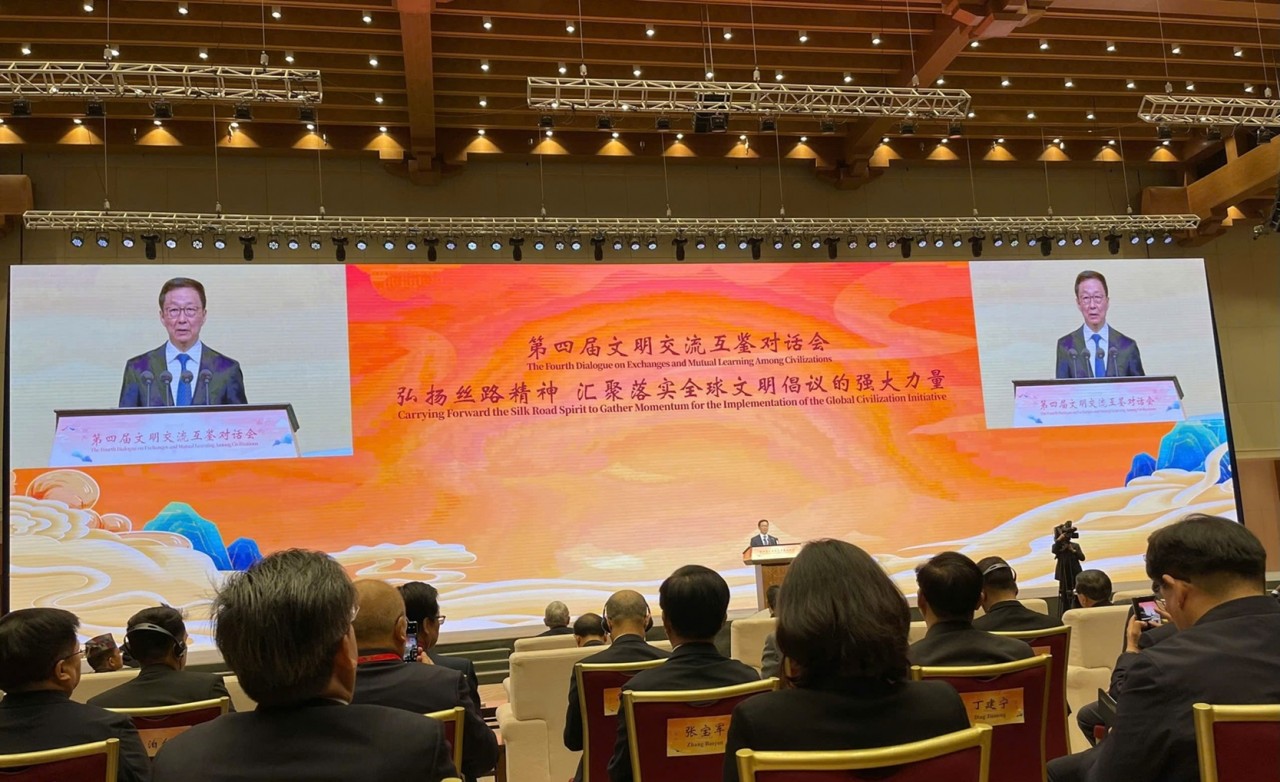 Friendship
Friendship
VUFO Attends Fourth Dialogue on Exchange and Mutual Learning among Civilizations
 Friendship
Friendship
COPI (US) Provides Free Medical Check-Ups for Nearly 1,000 People in Quang Nam
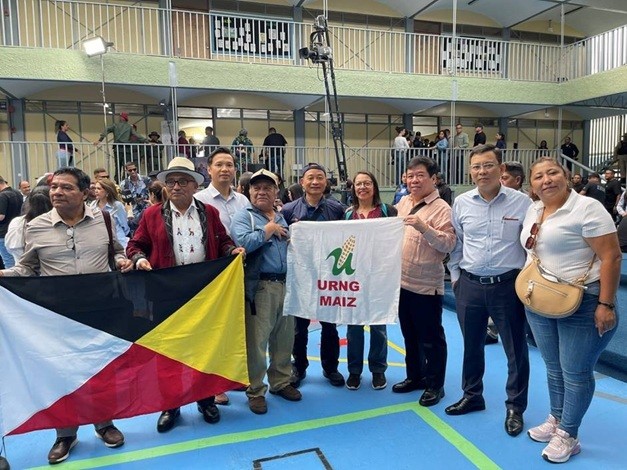 Focus
Focus
Strengthen Solidarity and Friendship Between Vietnam and Venezuela
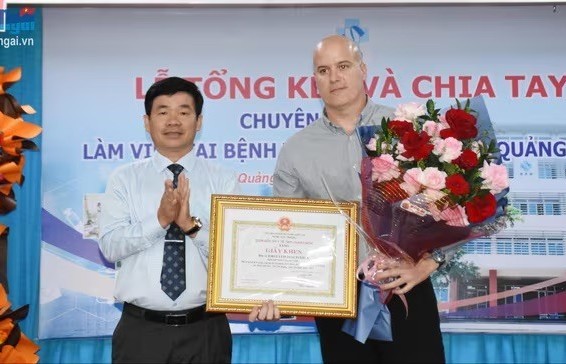 Friendship
Friendship
Quang Ngai Recognizes Cuban Health Experts' Contributions to Mother and Child Care
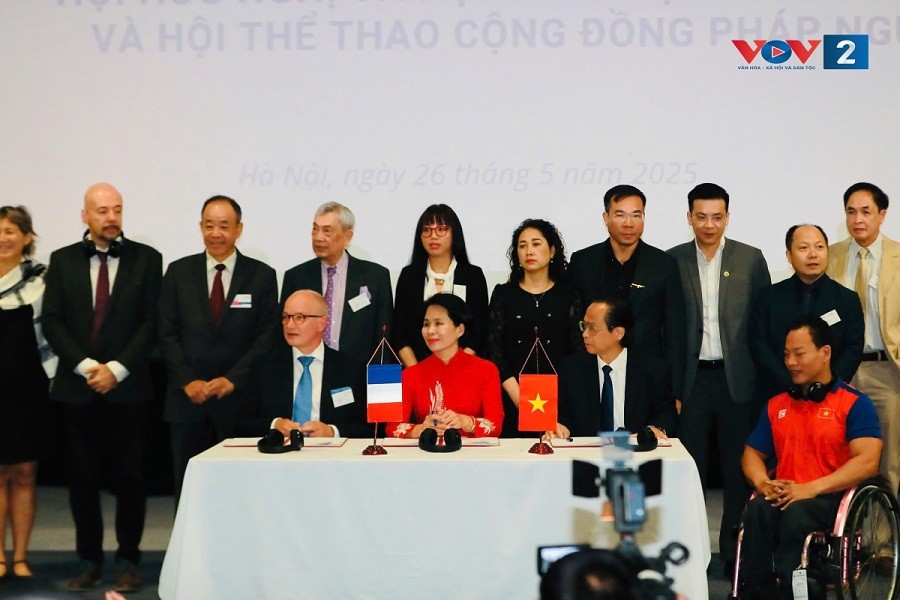 Friendship
Friendship
Vietnam, France Promote High-performance Sports
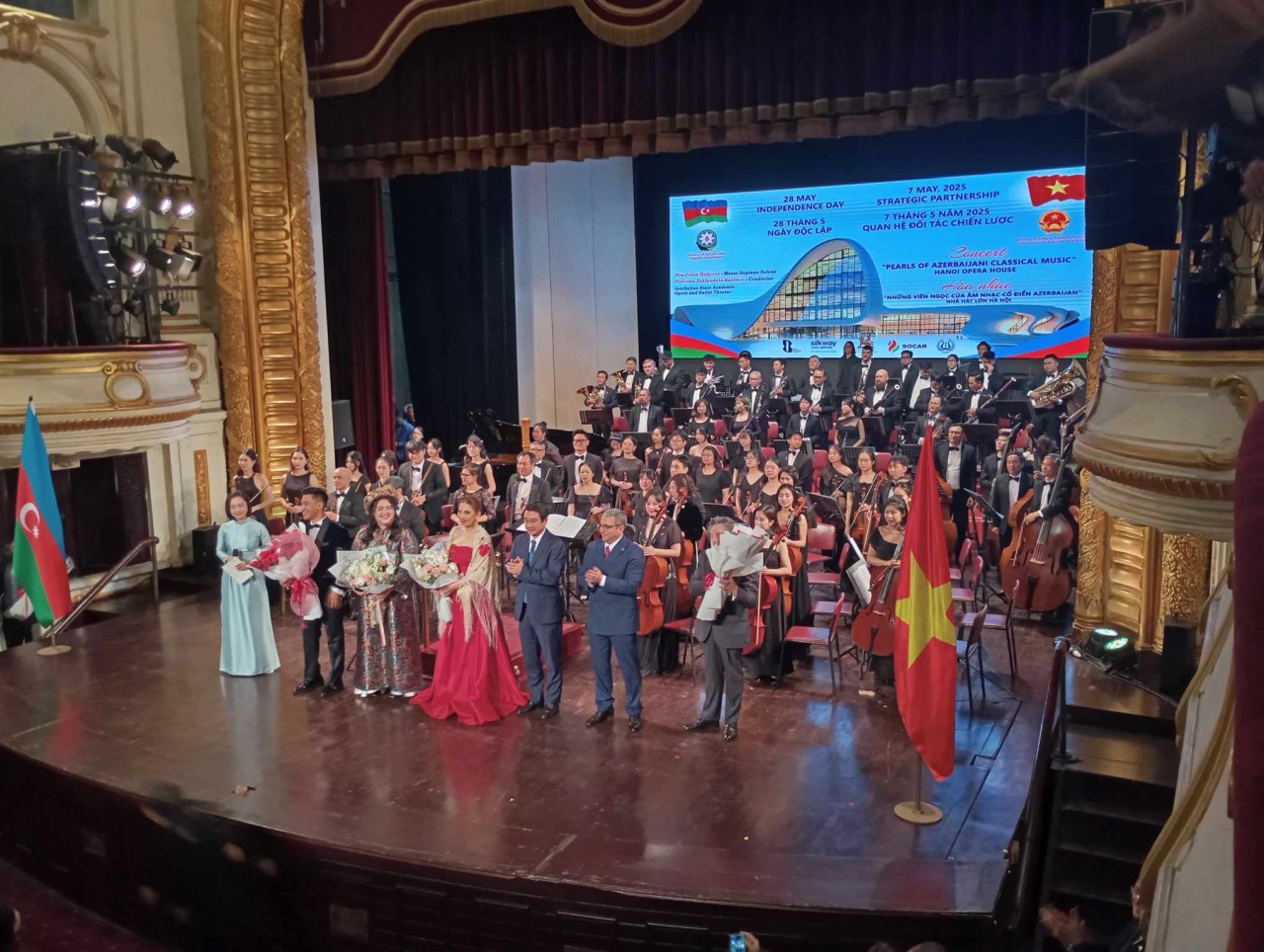 Friendship
Friendship
Concert In Hanoi Highlights Vietnam - Azerbaijan Ties
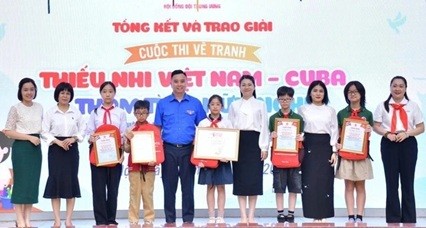 Focus
Focus
